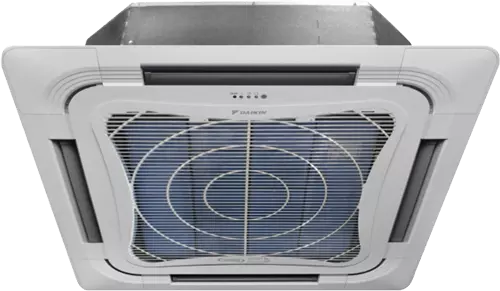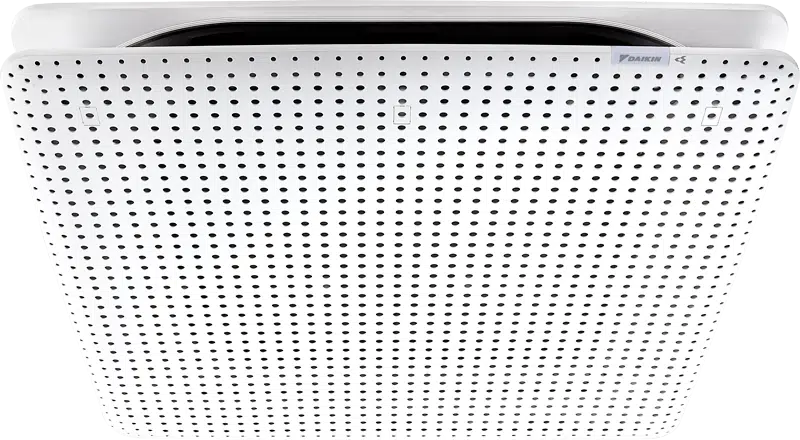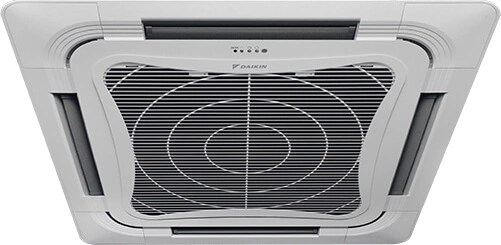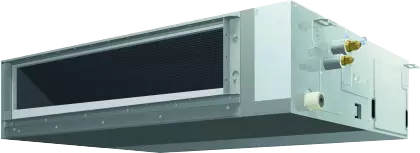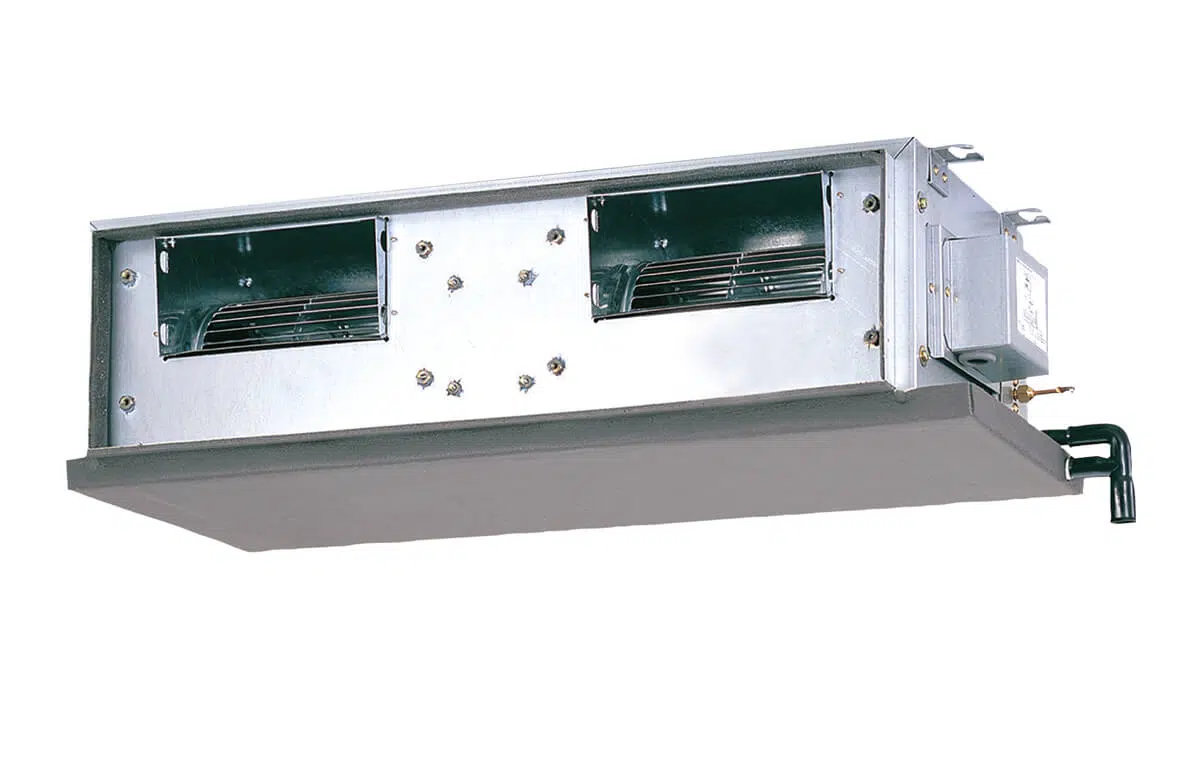The way you dispose of old air conditioning units can have a huge impact on the climate. Many older air conditioning units use refrigerants like chlorofluorocarbons (CFCs) or hydrofluorocarbons (HFCs), which can be potent greenhouse gases. If these substances are released into the atmosphere during improper disposal, they can contribute to global warming and deplete the ozone layer.
9 October 2024
The Impact of Air Conditioner Disposal on Climate: Why Responsible Choices Matter
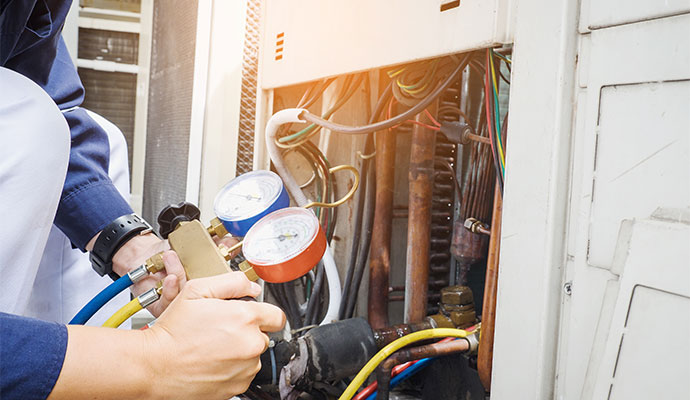
According to Department of Environment Malaysia, the emission of 1kg of standard HFC corresponds to the mean emission of 2,000kg CO2. This equates to 6,600 kilometres travelled with a petrol car. Therefore, the improper disposal of air conditioning units not only exacerbates climate change but can also harm the environment in other ways.
Mishandling refrigerants can lead to significant adverse effects on the environment, including:
- Ozone Depletion – Certain air conditioning refrigerants, such as CFCs and HCFCs, are potent ozone-depleting substances. The ozone layer, which shields the globe from damaging UV radiation, can be destroyed when these refrigerants are released into the atmosphere and interact with ozone molecules. Hence, the impact on the stratospheric ozone layer poses significant risks to human health and ecosystems by increasing exposure to UV radiation.
- Climate Change – Air conditioning refrigerants, particularly HFCs, are potent greenhouse gases contributing to climate change. These refrigerants have a much higher global warming potential than carbon dioxide, the most significant greenhouse gas. HFC use in air conditioning systems will contribute significantly to global warming in the coming years.
Alternative refrigerants with lower Global Warming Potential (GWP) such as R32 have been developed to lessen the environmental impact of refrigerants. The R32 refrigerant have been shown to have a lower impact on the environment compared to R410A and R134A. In addition to using R32 refrigerants, there are other ways to reduce the impact of air conditioning systems on the environment. Regular maintenance and cleaning of air conditioning systems can improve efficiency and reduce refrigerant needed. Proper disposal of old or unused refrigerants can also prevent them from entering the environment.
Everyone has a role to play in reducing greenhouse gas emissions that contribute to climate change. Hence, it is important to choose a reputable air conditioning company such as Daikin where we are committed to using environmentally friendly practices.







